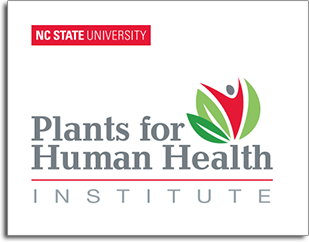As many of our readers are well aware, peanuts are the leading cause of severe food-related allergic reactions in the US. Though Oral Immunotherapy (OIT) and related treatments that expose the subject to flour containing small, but increasing amounts of peanut protein are showing promise, there is a danger of anaphylactic reaction throughout the therapy.
Researchers at North Carolina State University’s Plants for Human Health Institute are experimenting with new therapy media that combine the traditional peanut flour used in OIT with plant polyphenols found in many fruits and vegetables. When the peanut protein in the flour is bound to polyphenols derived from plants like blackcurrant, cinnamon, cranberry and green tea, they appear to become much less allergenic in lab tests. Tests in mice with a cranberry derivative/peanut flour combination appeared to trigger the desired desensitization without the dangerous reactions that can occur.
The group hopes to secure funding to continue research on other combinations of polyphenols and allergens, such as eggs, soy, and milk, and advance to animal and clinical trials in the future.
“This is an exciting discovery, and we’ll know a lot more about efficacy once clinical trials are done with peanut-allergic individuals,” said Dr. Mary Ann Lila, lead researcher on the study. “We feel confident that the polyphenolic plant compounds make the peanut flour more hypoallergenic by masking or changing the allergy-inducing proteins, which is very promising.”
The research could lead to OIT that is faster with potentially fewer reactions than that being tested today.





